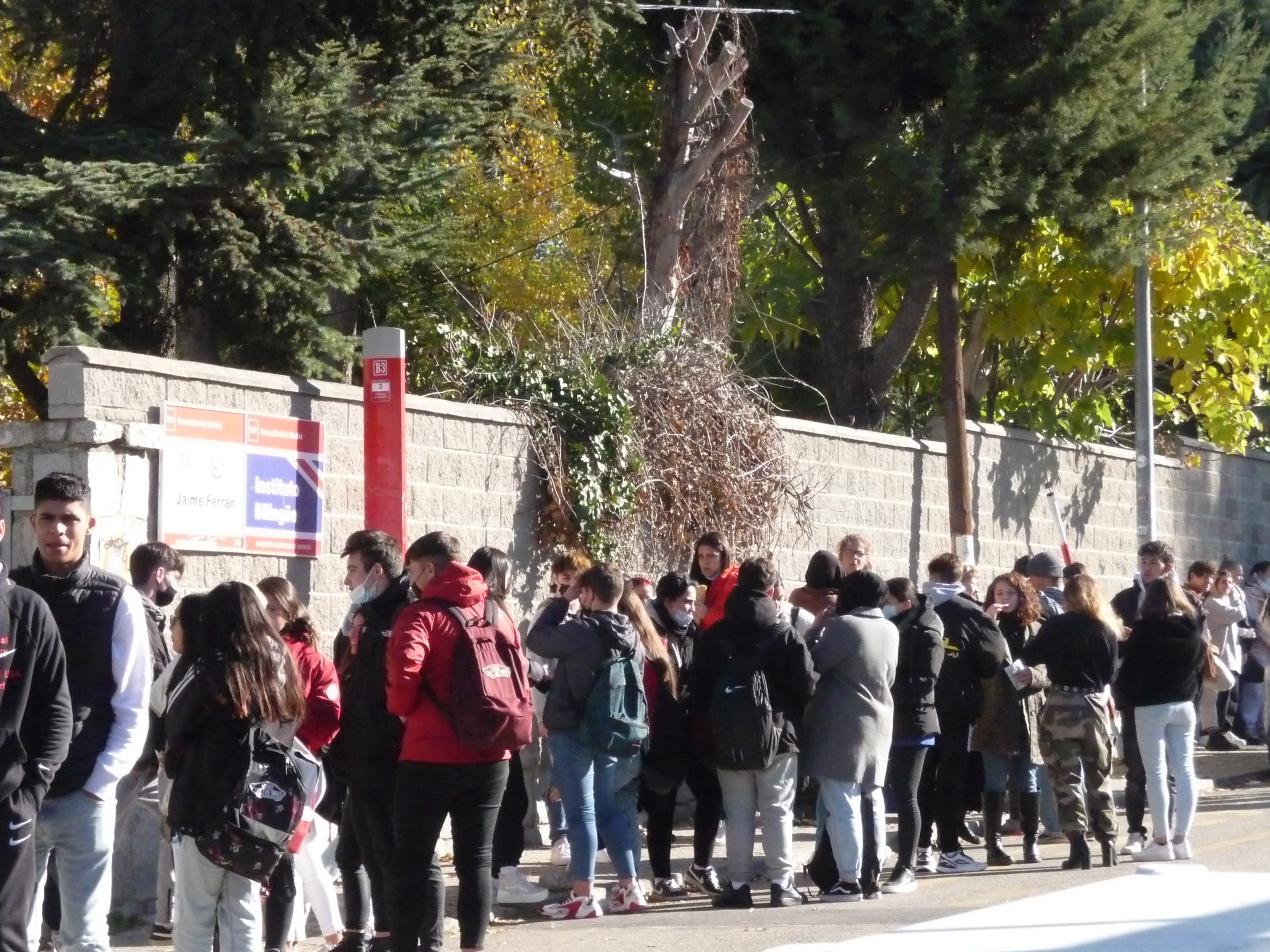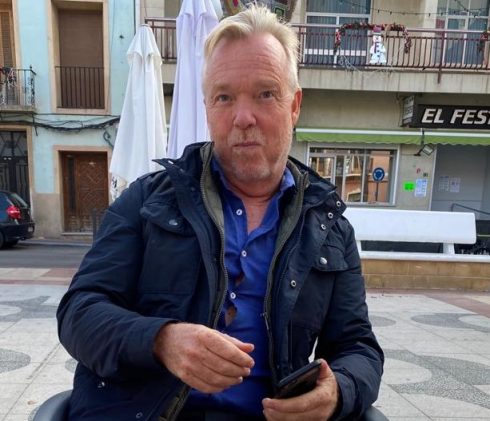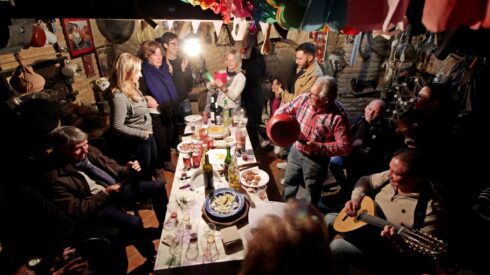STUDENTS of UK expats or Spanish-expat hybrids have long been faced with a significant challenge when taking the leap from the Spanish Baccalaureate to the UK university system.
Bombarded with reams of stodgy material to learn verbatim for the final school exams, 18-year-olds in the Spanish education system emerge from the experience with the ability to reel off every date in Spanish history without ever questioning why any of it happened.
Seventeen-year-old students in language and literature class are asked to identify the grammatical use of each and every word in a sentence, but are never taught how to link information or build an argument. Literature paradoxically eschews the actual reading of classic novels while in Maths, formulas abound, but not so the explanations of their potential application.
According to Maia Taylor-Firth, a marketing graduate from Edinburgh Napier University who studied her Baccalaureate in Spain, ‘I was never taught to think or reason at school so I was at a complete loss as to how to write an essay when I got to uni. I had to keep badgering my tutors, but there wasn’t much help. I learned from what feedback we got and a process of trial and error’.

Personally, I railed against the Spanish education system during my children’s entire schooling. The relentless rote-learning always struck me as senseless as if we were languishing in the 1970s, a notion echoed by Andreas Schleicher, the man behind the OECD’s PISA report, known as the most influential international assessment of students’ educational achievements.
Of course, now that my children have graduated from high school, it’s all change. Or at least that’s the theory; a draft of the Baccalaureate element of the new education law, variously known as the LOMLOE or the Celaa Law, has just been placed in the hands of the regions to finish hammering out.
“It’s obvious that the system needs to be updated,” Raimundo de los Reyes, President of Spain’s Public Secondary Schools Federation (FEDADi), tells The Olive Press. “In general, the teaching community agrees that the amount of material taught in Baccalaureate has been excessive and the curriculum needs to be revised.”
The number of hours students in Spanish schools are expected to spend poring over facts and figures amounts to an annual 1,045 against a European average of 893 hours, and that’s before knuckling down to the two or three hours of homework to round off the day.
As Carla Smith, a second year Biomedicine student at Southampton University, says: “When I was in Madrid doing the Baccalaureate, I was working so hard, I couldn’t breathe. I woke up at seven and went to bed at midnight. At uni, there’s a lot more time to do things. Now I can go to bed at nine if I want.”
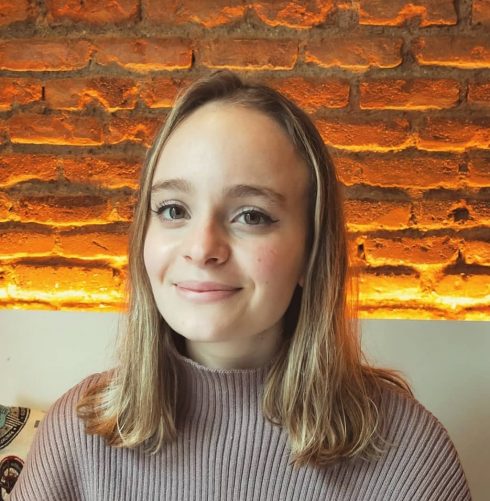
But despite the time put in, students in Spain still score below average on the PISA test – an assessment generally carried out every three years, though, due to COVID, this has been stretched to four, with the next test due in 2022. In the last 2018 test, Spain rocked up 35th in Maths and 31st in Sciences on a par with Hungary and Lithuania.
Asked if the new Baccalaureate might reduce the actual hours students spend behind a desk, FEDADi’s Raimundo is doubtful. “I’m afraid the number of hours will remain the same,” he says. “What will change is the material which was deemed to be excessive by experts but will now be more in line with students’ hopes for the future. The changes will be as much in quality as quantity.”
In essence, the new Baccalaureate will add a General Baccalaureate to the current mix, allowing students to create a personalised curriculum. And it will also divide the Art stream into two: Music and Performance Art, and Visual Arts and Design.
Besides new subjects, there will be an overhaul of the old to boost the students’ engagement in the learning process, with the emphasis on skills, application of acquired knowledge and analysis of more woke material.
Spanish history – a Baccalaureate staple – for example, will have students studying the role of women in society and their struggle for equality as well as examining the Second Republic and Franco’s 1936 power grab, which will be termed a coup d’état for the first time ever.
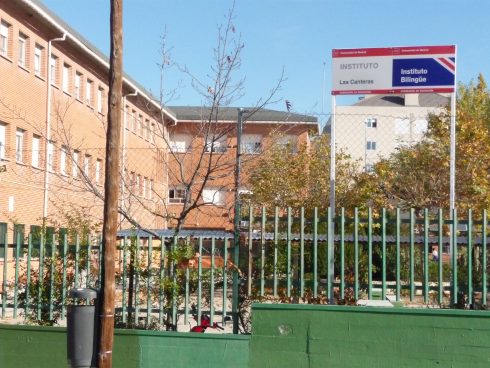
General Maths, meanwhile, aims to broaden the subject’s appeal and reduce ‘stereotypes and preconceived ideas’ with regard to ‘gender’ and ‘aptitude’ with lessons revolving around problem solving and information analysis with ‘special attention to non-mathematical contexts, to their relationship with other subjects and with reality,’ according to the draft legislation.
Across the curriculum, there’s also identity diversity and sustainability thrown in for good measure, a nod to climate change and global migration.
Above all, the new Baccalaureate curriculum aims to make learning a more meaningful process. But will the cutting-edge theory be put into practice? Raimundo harbours reservations.
“It depends whether we get consensus on the final assessments,” he says. “We can’t change the approach and prep students to answer analytical essay questions, for example, if the university entrance exam still requires them to reproduce texts word for word.
“If the entrance exam remains the same, teachers will be scared to use the new approach because it will not prepare their students and they will shoulder the blame. It has not yet been decided how the assessment for university will tie in. That’s up to the universities.”
Raimundo points out that education has long been used as a political football in Spain with both right and left-wing governments sweeping aside the reforms of their predecessors, making it hard to establish a constructive system.
“We need an education system that is stable, agreed upon by all the main parties, and not changed every few years. That way we will get results,” he says.
Spain’s education system to date has produced a number of eye-watering statistics. According to the latest 2021 PISA report, 29% of Spanish students have repeated a year at least once, compared to just 2% in the UK. Among the countries surveyed, Spain had the highest rate for repeating a year, well above the OECD average.
The last PISA test, which was carried out in 2018 with another due in Spring next year, shows Spain coming in 35th in Maths alongside Hungary and Lithuania, compared to the UK which is at 17; in sciences, Spain climbs up to 31st compared to the UK at 15. In both these areas, China comes out on top.
There is a huge discrepancy between the north and the south of Spain with Navarra, Castille y Leon, Cantabria, the Basque Country, Galicia Aragon, La Rioja, Asturias, Catalonia, Madrid and the Balearics all respectively beating the OECD average in Maths.
Dragging the average down is Castilla-La Mancha, Murcia, Valencia, Extremadura, Andaluscia, Canary Islands, Melilla and Ceuta, which falls almost 100 points below Navarra. In science, the picture is similar, though Galicia comes out on top.
According to Eurostat, in 2020 Spain had an average 17.3% of ninis – youngsters who neither study nor work, the third highest figure in the EU. By region the figures are Canaries 23.2%, Andalucia 21.9%, Baleares 21.4%, Extremadura 20.4%, Catalonia 18.2%, Castilla -La Mancha 18%, Asturias 15.8%, Valencia 15.8%, Murcia 15.2%, Aragon 14. 6%, Castilla y Leon 14.5%, Cantabria 13.7%, Galicia 13.4%, Madrid 13%, Navarra 12.9%, Basque Country 12.1% and La Rioja 11.3%.
READ MORE:
- Free nursery places announced in education budget
- BACK TO SCHOOL: Choosing the right schools for your kids in Spain can be a puzzle of Einstein…
- New international school in Valencia area of Spain combines British teaching standards with a creative experience for children
Click here to read more Education News from The Olive Press.

